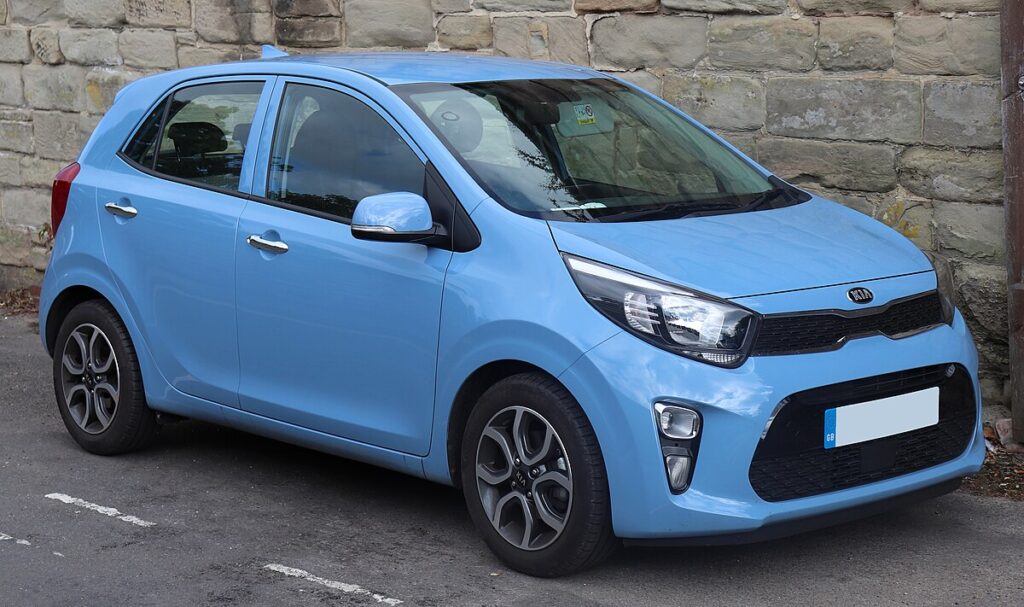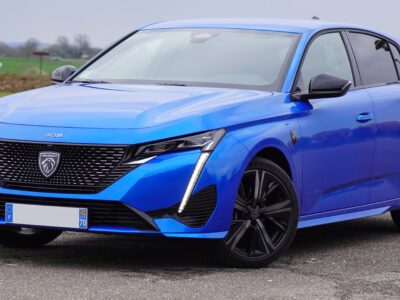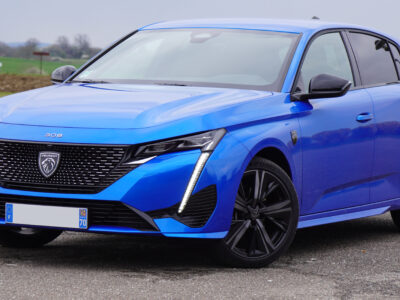
Kia Picanto Issues: The Complete, Expert-Led Guide to Common Problems, Symptoms & Fixes

- Understanding Key Kia Picanto Issues
- Transmission Issues in the Kia Picanto
- Electrical Problems in the Kia Picanto
- Steering System Issues
- Brake System Problems
- Cooling System Faults
- Suspension Wear and Noise
- Exhaust System Problems
- Acceleration and Power Issues
- Air Conditioning & HVAC Problems
- Fuel System Issues
- Owner Complaints & Real-World Experiences
- Pros & Cons of the Kia Picanto Based on Issue Frequency
- Final Thoughts
Understanding Key Kia Picanto Issues
We often see the Kia Picanto praised for its compact size, agile handling, and cost-effective running expenses. Yet, like any city car, it presents recurring issues across its generations. This guide delivers a precise, highly detailed breakdown of the most reported Kia Picanto issues, helping owners and prospective buyers identify faults early, understand their root causes, and take action before problems escalate.
Transmission Issues in the Kia Picanto
Automatic Gearbox Harsh Shifts
Many Picanto owners report harsh, jerky gear changes, especially in the 4-speed and earlier 5-speed automatics. These symptoms typically include:
- Sudden jolts when shifting from 1st to 2nd
- “Hunting” between gears at low speeds
- Rough downshifts when decelerating
Likely causes include:
- Worn pressure control solenoids
- Valve body contamination
- Low or degraded ATF
- Software calibration faults
Manual Gearbox Crunching and Difficulty Selecting Gears
On high-mileage Picantos, difficulty engaging 1st and 2nd is frequent. Symptoms usually appear when:
- The clutch pedal sits low
- The car grinds entering reverse
- Gear engagement feels notchy
Root causes:
- Worn clutch master/slave cylinder
- Failing clutch release bearing
- Gear synchroniser wear
Electrical Problems in the Kia Picanto
Repeated Fuse Failures
Owners frequently note fuses blowing for:
- Headlights
- Cabin lights
- Infotainment
- Blower motor
- Power windows
This generally points to wiring harness chafing or grounding faults, especially in older models.
Lighting System Malfunctions
Common issues include:
- Flickering headlights
- Dim brake lights
- Irregular indicator behaviour
Often traced to weak alternator output or corroded bulb housings.
Ignition System Troubles
Drivers may experience:
- Slow cranking
- Intermittent start failures
- No-start conditions after parking
Usual causes:
- Worn ignition switch
- Weak battery cells
- Starter motor brushing failure
Steering System Issues
Electric Power Steering (EPS) Failure
The Picanto’s EPS column is known for:
- Clunking when turning
- Intermittent power assist loss
- Steering wheel vibration at idle
These symptoms typically indicate:
- EPS motor failure
- Torque sensor calibration issues
- Steering column bush wear
Rack Wear & Play
In older units, drivers report:
You may be interested in reading Why Your Kia Picanto Won’t Start or Suddenly Shuts Off: Complete Expert Diagnostic Guide
Why Your Kia Picanto Won’t Start or Suddenly Shuts Off: Complete Expert Diagnostic Guide- “Dead zone” around centre
- Steering wander at highway speeds
- Knocking on rough roads
This is commonly linked to internal rack wear or tie-rod end degradation.
Brake System Problems
Squealing & Grinding Noises
Friction material on Picanto brakes tends to wear rapidly, leading to:
- High-pitch squeals at light braking
- Grinding under heavy braking
- Premature rotor scoring
Spongy Brake Pedal
A soft or sinking pedal often relates to:
- Brake fluid moisture contamination
- Air in the hydraulic system
- Master cylinder degradation
Rear Drum Brake Issues (Older Models)
Frequent reports include:
- Handbrake imbalance
- Rear wheel lock-up
- Excessive pedal travel
Common culprits: worn drums, stretched cables, and leaking wheel cylinders.
Cooling System Faults
Engine Overheating
Although the Picanto runs cool under normal conditions, some units exhibit:
- Temperature gauge spikes
- Coolant loss
- Fan failure
Typical causes:
- Radiator leaks
- Water pump wear
- Thermostat sticking
Heater Not Blowing Warm Air
If heaters blow only cold during winter, the likely issues are:
- Air trapped in cooling system
- Failing heater core
- Blocked coolant hoses
Suspension Wear and Noise
Premature Shock Absorber Wear
Drivers frequently report:
- Bouncy ride
- Nose-dive under braking
- Excessive body roll
Lower-quality OEM dampers tend to degrade early, especially in pothole-heavy cities.
Clunks and Knocks from Front End
The most common sources:
- Worn stabiliser links
- Cracked bushes
- Lower arm wear
These symptoms typically occur between 40,000–70,000 miles.
Exhaust System Problems
Exhaust Leaks
Reported signs:
- Raspy engine note
- Exhaust smell inside cabin
- Reduced fuel economy
Leaks arise from:
You may be interested in reading Why Your Kia Picanto Won’t Start or Suddenly Shuts Off: Complete Expert Diagnostic Guide
Why Your Kia Picanto Won’t Start or Suddenly Shuts Off: Complete Expert Diagnostic Guide Kia Picanto Boot Won’t Open — The Complete Step-By-Step Guide to Fixing a Stuck Picanto Tailgate
Kia Picanto Boot Won’t Open — The Complete Step-By-Step Guide to Fixing a Stuck Picanto Tailgate- Rusted flex pipes
- Loose clamps
- Cracked welds around the silencer
Catalytic Converter Inefficiency
Symptoms include:
- Check Engine Light
- Reduced acceleration
- Poor MPG
Often caused by carbon buildup or physical damage from road impacts.
Acceleration and Power Issues
Sluggish Acceleration
A very common complaint across 1.0 and 1.2 engines. Signs include:
- Poor low-end torque
- Hesitation when merging
- Lack of power up hills
Most common causes:
- Dirty air filter
- Worn spark plugs
- Clogged fuel injectors
- Failing MAF or O2 sensors
- Partially blocked catalytic converter
Intermittent Power Loss
Reported especially on 2011–2017 models. Drivers note:
- RPM dipping during steady throttle
- Sudden, brief hesitation
- Occasional misfires under load
These issues are often related to ignition coil pack deterioration or fuel delivery fluctuations.
Air Conditioning & HVAC Problems
Weak Airflow
This frequently stems from:
- Clogged cabin filter
- Blower motor faults
- Failing resistor pack
Temperature Control Fluctuations
Drivers describe:
- Sudden temperature changes
- AC cutting out intermittently
- Poor defrost performance
Likely causes include failed actuators or weak compressor clutch engagement.
Fuel System Issues
Poor Fuel Economy
Although the Picanto is designed for efficiency, some owners notice unexpected consumption increases due to:
- Faulty ignition coils
- Under-inflated tyres
- Dragging rear brakes
Fuel Pump Noise
Loud buzzing from the tank can indicate early pump wear, typically caused by:
- Contaminated fuel
- Low fuel operation
- Heat-soak degradation
Owner Complaints & Real-World Experiences
While many owners appreciate the Picanto for its reliability and simplicity, the following complaints appear most frequently across online forums and surveys:
- EPS clunking
- Low acceleration on 1.0 engines
- Early suspension wear
- Electrical gremlins (especially lights)
- AC system weakness
- Noisy cabin at highway speeds
Despite these issues, most faults are inexpensive to diagnose and repair compared with larger vehicles.
Pros & Cons of the Kia Picanto Based on Issue Frequency
Pros
- Affordable parts
- Easy DIY maintenance
- Efficient engines
- Great city manoeuvrability
- Low long-term ownership costs
Cons
- Noticeable road noise
- Weak acceleration on base engines
- Suspension parts wear quickly
- EPS and electrical issues in older models
- Limited high-speed stability
Final Thoughts
Understanding the most common Kia Picanto issues empowers owners to act early, plan maintenance properly, and avoid costly repairs. The Picanto remains a dependable, efficient city car, but like any vehicle, it benefits from preventive care, timely inspections, and awareness of recurring problem areas.
You may be interested in reading Why Your Kia Picanto Won’t Start or Suddenly Shuts Off: Complete Expert Diagnostic Guide
Why Your Kia Picanto Won’t Start or Suddenly Shuts Off: Complete Expert Diagnostic Guide Kia Picanto Boot Won’t Open — The Complete Step-By-Step Guide to Fixing a Stuck Picanto Tailgate
Kia Picanto Boot Won’t Open — The Complete Step-By-Step Guide to Fixing a Stuck Picanto Tailgate Kia Picanto DAB Radio Not Working — Complete Troubleshooting Guide
Kia Picanto DAB Radio Not Working — Complete Troubleshooting GuideIf you want to know other articles similar to Kia Picanto Issues: The Complete, Expert-Led Guide to Common Problems, Symptoms & Fixes you can visit the category Common Problems.
Leave a Reply






More content of your interest